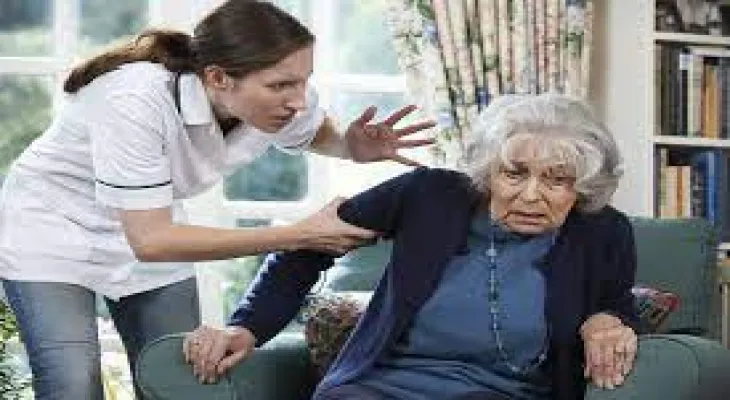Search here
Newspaper
Search here

Arab Canada News
News

Published: May 17, 2022
The Quebec government needs to ensure that the role of the Public Health Director is independent and free of any "political constraints" and allow at least two caregivers to visit a family member during a health crisis, as recommended by a Quebec coroner in a final report.
The long-awaited coroner's report by "Jehane Kamel" on the deaths of elderly people in CHSLDs during the first wave of the pandemic was released on Monday, with 22 recommendations targeting the quality of care and emergency preparedness,
She said that the elderly were severely overlooked in the province's early response to the rise of COVID-19 in early 2020.
The report looked into 53 deaths between March 12 and May 1, 2020, and includes testimonies from 220 witnesses, some of whom reported "regrettable" and "horrifying" treatment of the elderly when the pandemic first appeared. 47 of these deaths occurred in CHSLD Herron, one of the most affected residences from the first wave of the pandemic.
"Kamel" wrote in her report of over 200 pages: "The COVID-19 crisis illustrates decades of public policy failures related to CHSLDs that were already known."
The hearings heard about inadequate staffing, poor infection control policies, families being prevented from seeing their loved ones for several days amid the outbreak, and residents suffering from malnutrition for several days at a time in care homes described as "war zones".
"The storm that hit us only highlighted the structural weaknesses of the network, which had already been exhausted, and it has been for a very long time,"
"Kamel" wrote, warning that Quebec's elderly population will need a healthcare system that can handle the demand in the near future.
She issued several recommendations to the Ministry of Health and Social Services, including "greater accountability" for the directors of long-term care homes for vulnerable elderly care, as well as calling for a review of nursing assistants' training so they can perform essential tasks, such as respiratory care and the use of ventilators.
The lengthy report also targets the provincial government in its early response to the coronavirus, saying the Ministry of Health and Social Services chose to place the CHSLD population "in the blind spot of pandemic preparations" despite warnings from officials that they were.
The Ministry of Health met on January 22, 2020, without indicating special attention to long-term care residents.
It was not until March 12 that a guide was sent to CHSLDs, but by then, it was already 10 days after the first COVID-19 case was detected in a care home. Kamel wrote, "This situation alone is concerning and clearly late."
Once the virus infected residents in CHSLDs, the lack of adequate staff was a recipe for disaster, and despite efforts by staff to contain the spread, the depleted health network could not cope.
The report noted that "during the health crisis, this glaring shortage of staff (especially orderlies and nursing assistants) and inadequate wages in private CHSLDs aggravated this underlying situation."
Visits were banned except for residents at the end of life, and their loved ones were kept in the dark about essential information about their health conditions.
The information they often received was outdated and misleading. The investigation carried out by Kamel said, "It appears that on at least a few occasions, misinformation was unfortunately deliberately given to hide the horror in an attempt to elicit false reassurances from the concerned loved ones."
"Kamel" is scheduled to shed further light on her findings at a press conference on Thursday. 'It really saddens me,' said Sylvie Morin, the retired nurse who worked for 29 years in CHSLDs, giving her testimony before Coroner Kamel about her experience working in the Sainte-Dorothée care home, mentioned in the report.
She said seeing the report released on Monday made her recall the horrors she witnessed. She said she raised issues about staffing levels with management, but her concerns fell on deaf ears. "It really saddens me.
It is something that could have been prevented... there were not enough staff to care for people who were dying from COVID.
Comments